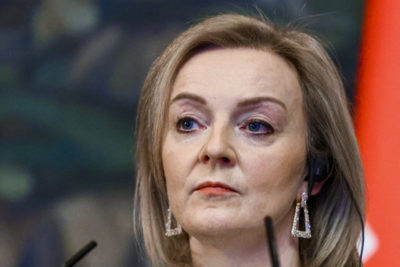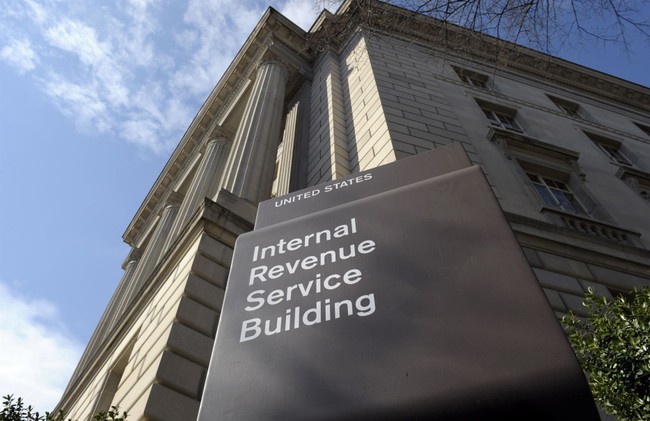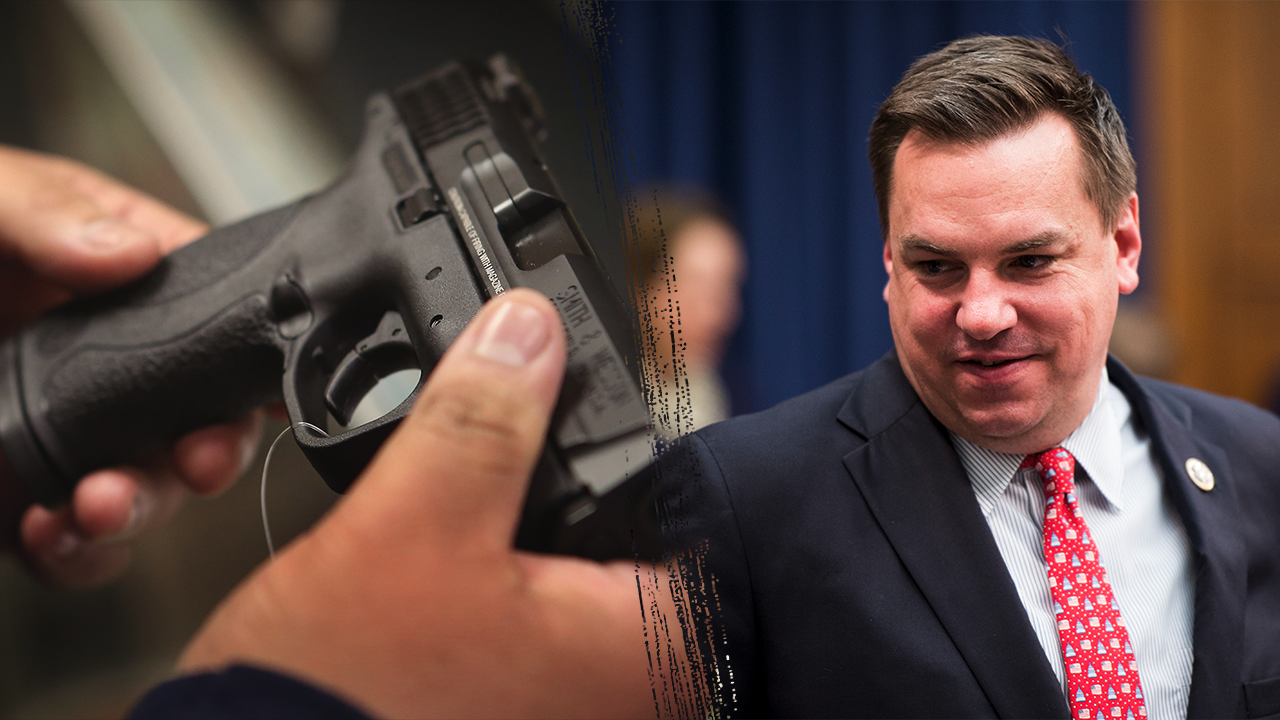In the latest leg of a comeback tour which has so far encompassed essay-writing for The Telegraph and a sit down with The Spectator, Liz Truss has used her first major speech since leaving office to urge democracies to band together and counter the influence of China.
Speaking at a summit in Tokyo on Friday, Truss pitched six foreign policy proposals, the most noteworthy of which was the establishment of “an economic NATO” that would combat coercion from authoritarian regimes.
Working on the presumption that Beijing is heading the same way as Moscow prior to the invasion of Ukraine, Truss explained that an “economic NATO” would see the West leverage its financial strength in a bid to protect its “fundamental values”.
She outlined: “We know that doing more now will help prevent tragedy later… We have to ask ourselves: if we had admitted Ukraine to Nato, would Putin have dared to invade? Or indeed if we had put stronger sanctions in place after 2014 or supplied weapons to Ukraine earlier? Could we have saved many lives and protected our security?”.
While traditional alliances act through military force, an “economic NATO” would focus on a united regime of sanctions, predicated on the idea that they have worked against Russia.
Such an alliance would have the equivalent to NATO’s Article 5 — where an attack on one member leads to retaliation by all of them. And like NATO, the alliance would be expected to act as a deterrent, focussing specifically on dissuading President Xi from making aggressive movements against Taiwan.
Conspicuously, this speech is not the first time Truss has called for a comprehensive global strategy for containing China. In April 2022 the then-foreign secretary gave a speech to Mansion House where she called for the G7 to be “more institutionalised”, coining the term “economic NATO” to help describe how the G7 might defend its members from Chinese economic coercion.
Responding to the Russian invasion of Ukraine begun two months prior, she said: “The G7 should act as an economic NATO, collectively defending our prosperity. If the economy of a partner is being targeted by an aggressive regime we should act to support them. All for one and one for all. …
“So let’s work together. Let’s forge deeper bonds. Let’s be better traders, investors, and partners than the aggressors”.
Truss now seems to be picking up on this strand of foreign policy thought as a focus for her post-No 10 activism.
Significantly, this intervention comes as Rishi Sunak’s aides put the final touches on the Truss-ordered integrated review of Britain’s defence and security strategy. The prime minister is not expected to reclassify China as a “threat” — which was roundly viewed to be Truss’ plan — having previously deployed choice language on China. Last November, he described the country as “a systemic challenge” ahead of talks at the G20 summit in Bali.
Truss’ recommendation also comes as pressure builds within Conservative ranks for the prime minister to take a tougher stance on China. Last week, Sunak faced criticism from another former Conservative leader in Sir Iain Duncan Smith over reports officials were set to meet Erkin Tuniyaz, the governor of Xinjiang province who has been accused of genocide of Uyghur Muslims.
On a political level, Truss’ decision to focus the latest leg of her comeback tour on geopolitics is probably well-worked. Having lost her economic credibility in the eyes of the public in the wake of the mini budget, Truss is now drawing on her experience as a former foreign secretary and international trade secretary. It may prove the best way to exact political pain and concessions from Sunak as a rebellion builds over his approach to China.
Truss is also thought to be preparing for her first post-No 10 appearance in the House of Commons on Monday, where she is expected to speak in a debate marking the anniversary of the Ukraine invasion. It is further evidence that the former prime minister is looking to broaden her political legacy beyond the confines of Trussonomics.
The post What’s behind Liz Truss’ call for an ‘economic NATO’? appeared first on Politics.co.uk.




















Discussion about this post